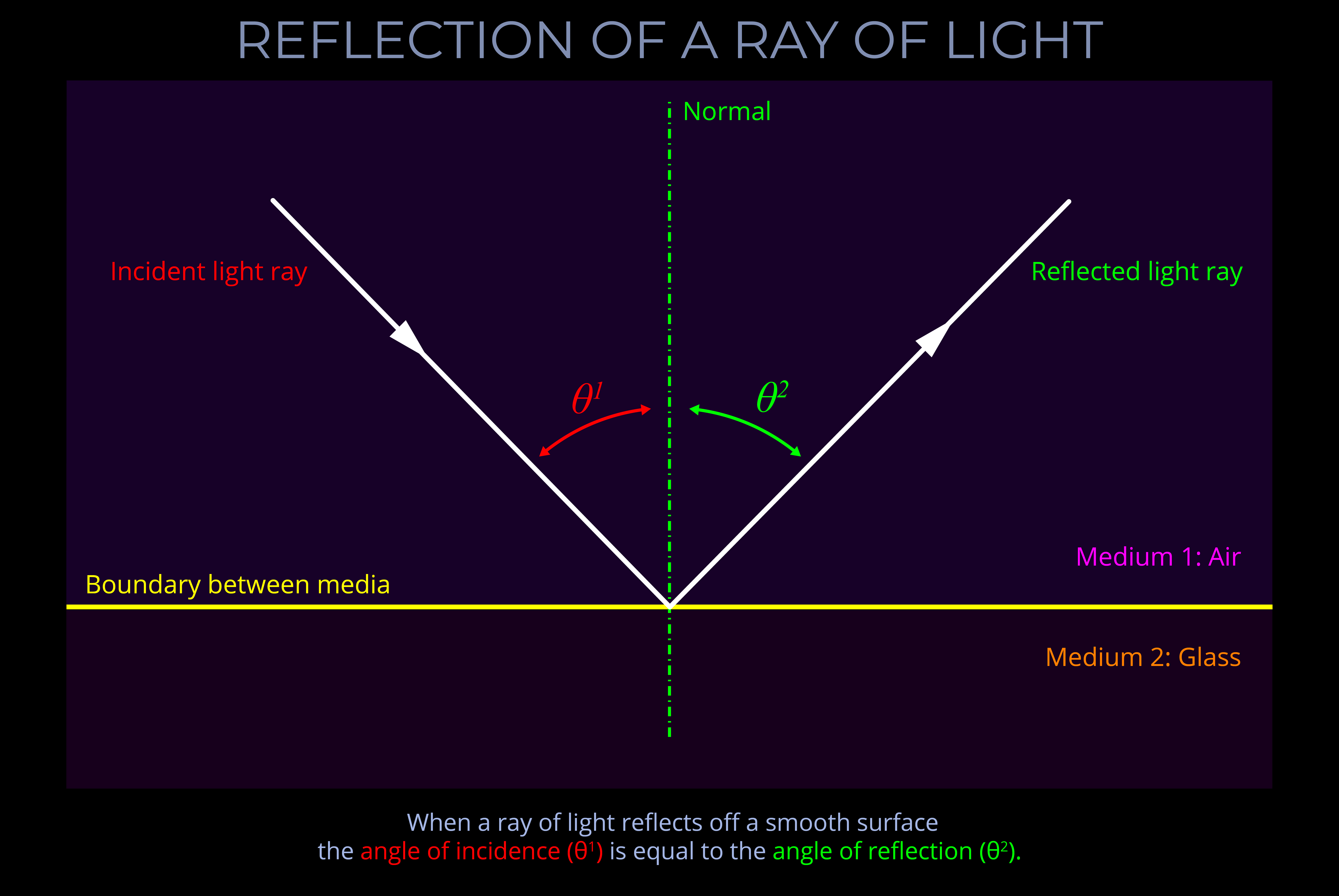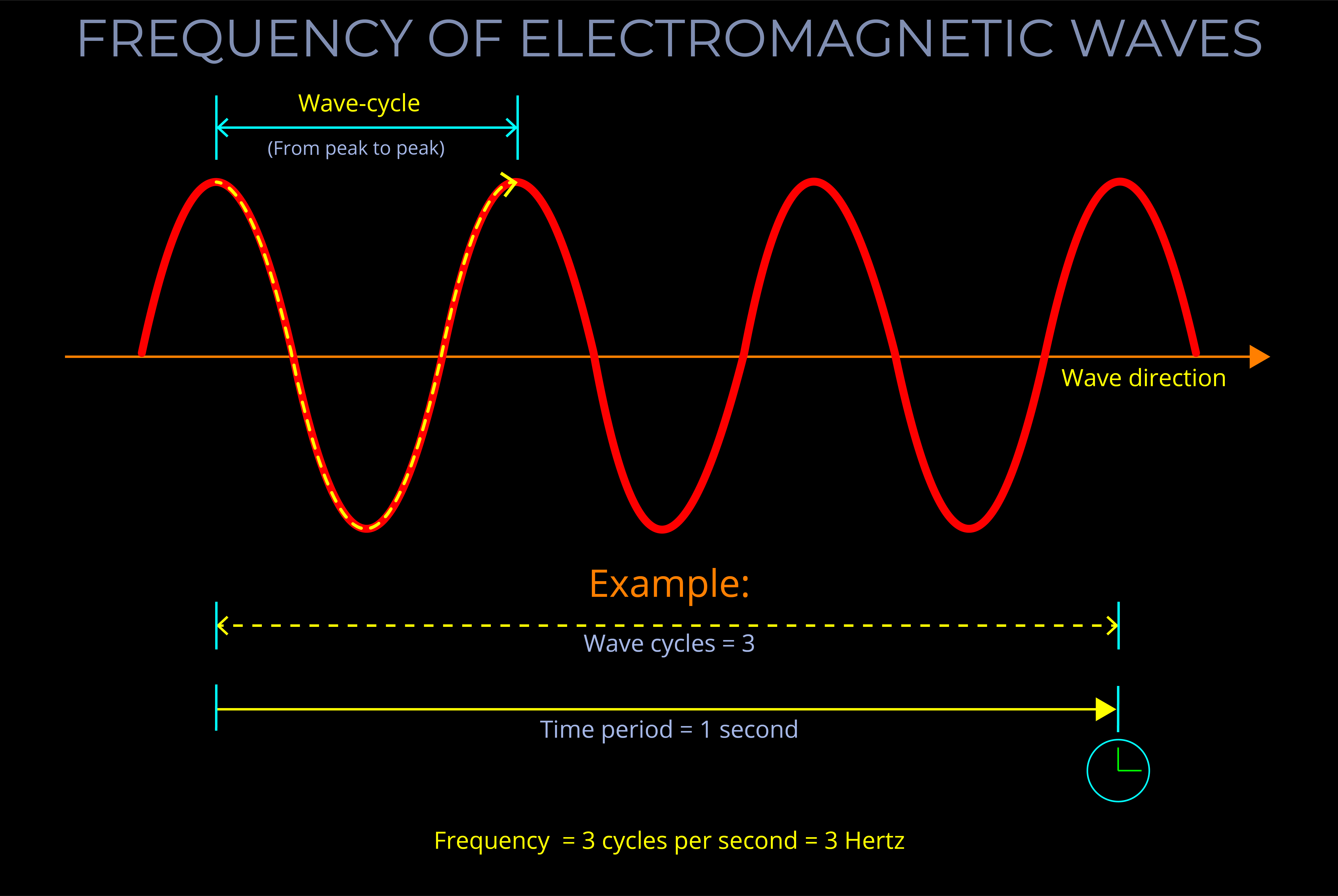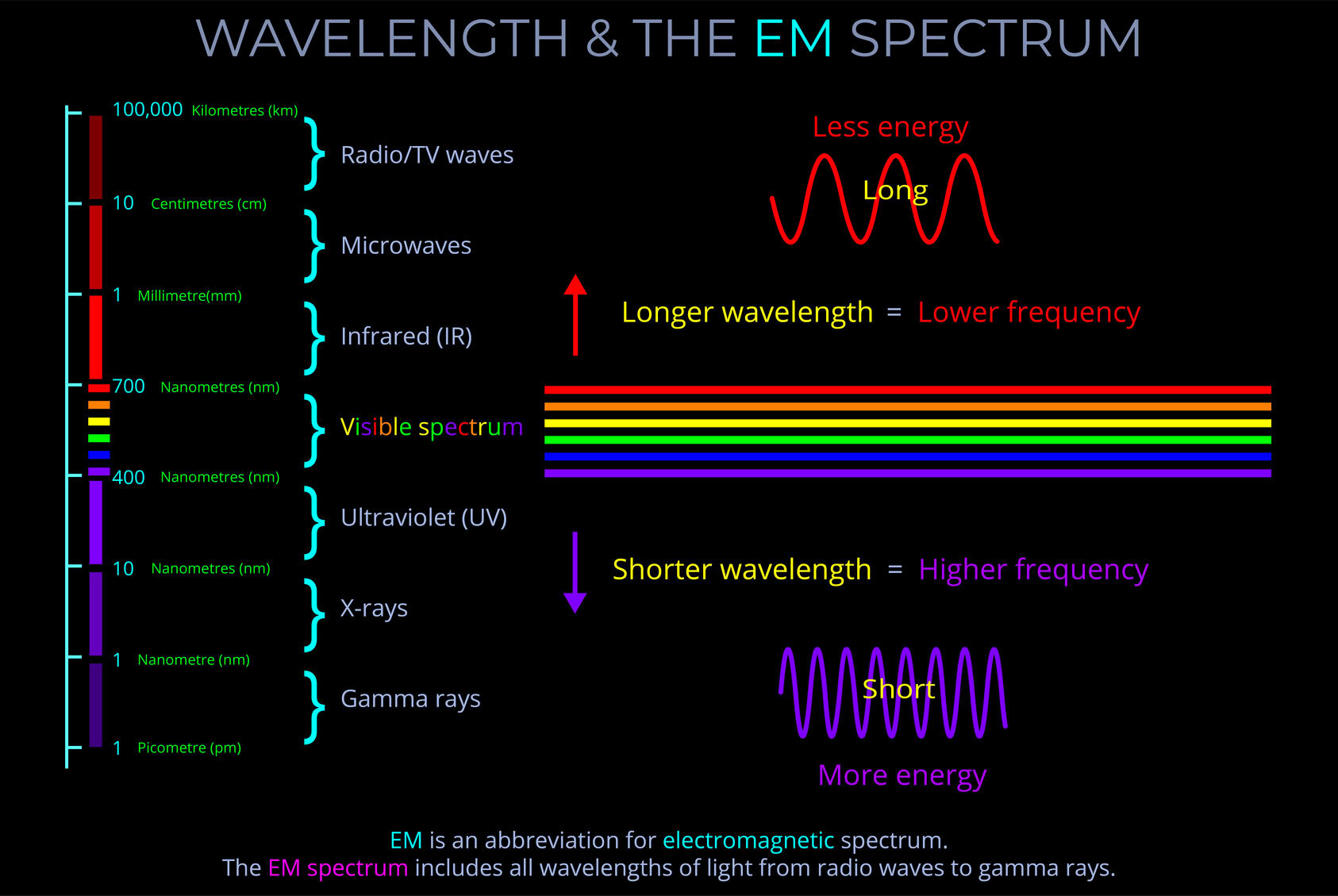
Electromagnetic Charge
£0.00
This is one of a set of concept maps exploring Electromagnetism.
Each map appears on a separate page and is supported by a full explanation.
- Follow the links embedded in the text for definitions of all the key terms.
- For quick reference don’t miss the summaries of key terms further down each page.
Description
ELECTROMAGNETIC CHARGE
TRY SOME QUICK QUESTIONS AND ANSWERS TO GET STARTED
There are two types of electric charge, positive (+) and negative (-).
Electromagnetic charge is a fundamental property of matter that determines how a particle interacts with the electromagnetic field.Charges are either positive (+) or negative (-).
Opposite charges attract: Charges with opposite signs (positive and negative) attract each other.
Protons: Carry a positive charge. Electrons: Carry a negative charge. Quarks: Fundamental particles that carry fractional charges.
Like charges repel: Charges with the same sign (both positive or both negative) repel each other.
About the diagram
About electric charge
The electromagnetic force is produced by positive and negative electrical charges and manifests as electromagnetic fields, which include both electric and magnetic components.
- From a classical perspective, electromagnetic fields are represented as electromagnetic waves with continuous and smooth oscillations in wavelength and frequency.
- Quantum physics describes electromagnetic fields as being composed of photons, which are discrete and quantized packets of energy and momentum.
- In quantum physics, quantization refers to the concept that certain physical properties, such as energy, charge, and angular momentum, are not continuous but exist in discrete units called quanta.
- Quanta represent the smallest possible, indivisible amounts of physical properties, which fundamentally changes our understanding of interactions at the microscopic scale.
Some key terms
No posts found.


